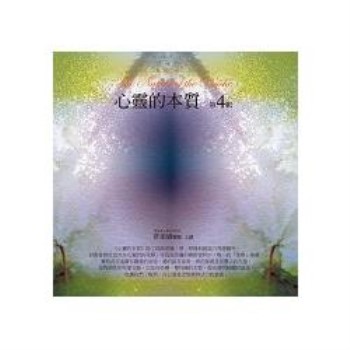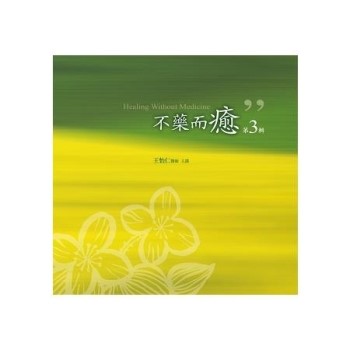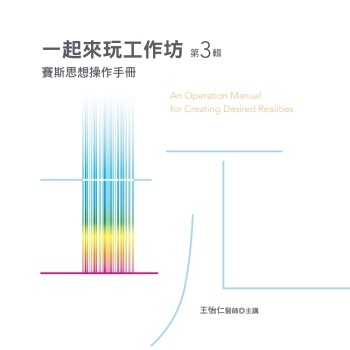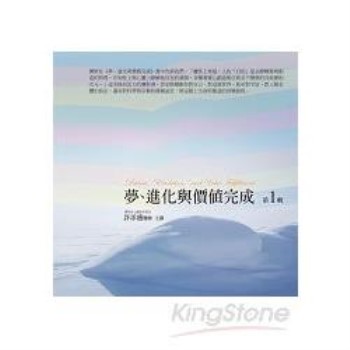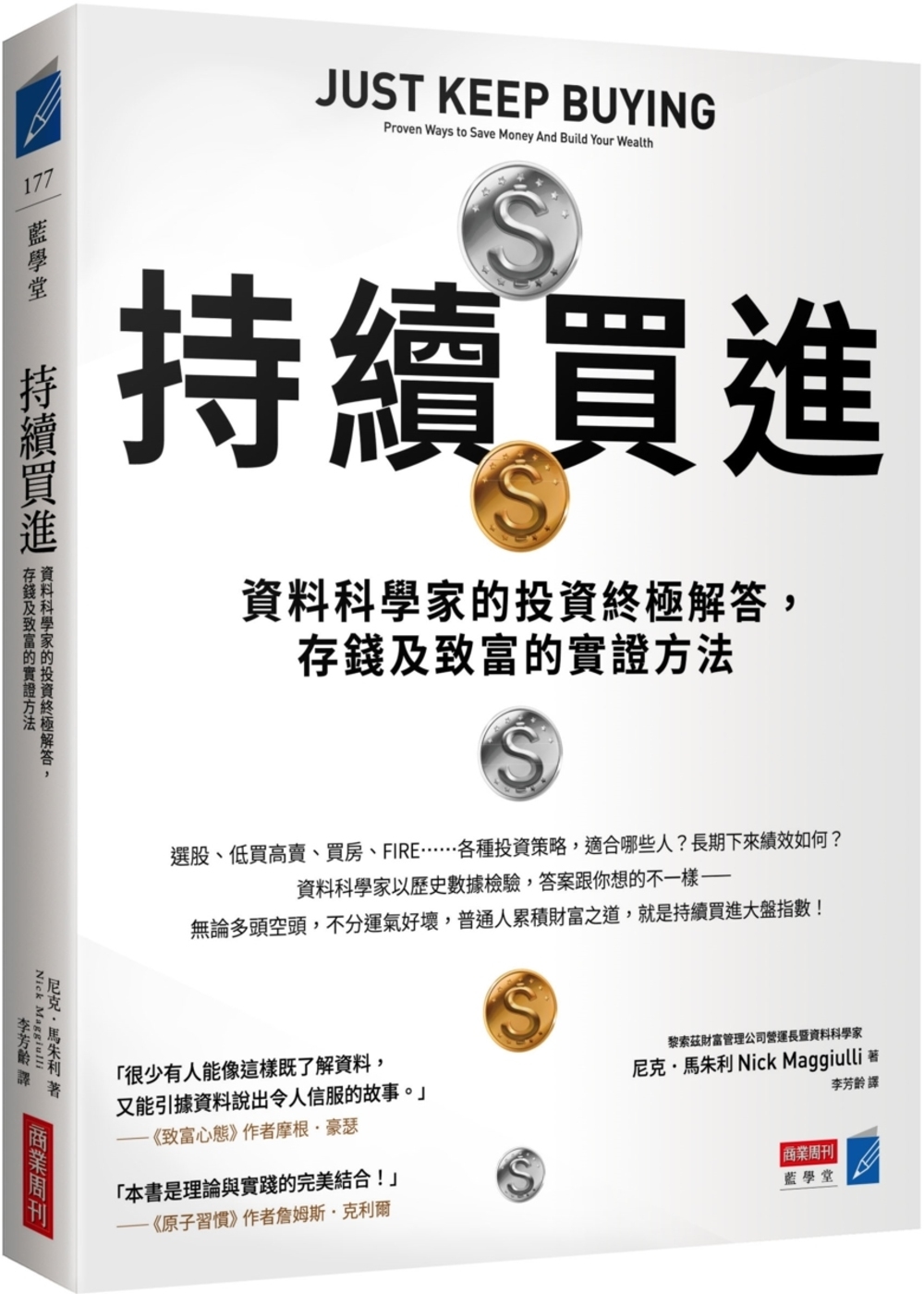The discovery of the world’s oldest bible in 1947 changed forever the way we understand the Christian Scriptures. Interdisciplinary theologian of science Ron Choong takes us through the history, economics and politics of the search for the Dead Sea Scrolls, the science that helped date and decipher them, as well as what it means for us today. Beliefs in God are often inherited, adopted and adapted from people we trust, who discerned God’s revelation in nature. Modern science helps us examine some of these beliefs with new knowledge about creation, from subatomic particles to quasars, from viruses to whales, and from DNA to dementia. Technology unlocks long-hidden information to reconstruct historical events. Archaeological excavations form the only source of new data to understand the Bible and its formation by unearthing buried artifacts. Among these are the Dead Sea Scrolls, which show that during Jesus’ time, Scripture was a work-in-progress testifying to God’s presence. The biblical writers conveyed God’s eternal message using the various media and vocabularies of their different times and geographies. We can distinguish the Bible’s message from the media by asking the right questions. God’s revelation in the sciences can enrich our beliefs with spiritual integrity.
| FindBook |
有 1 項符合
World’s Oldest Bible (Hard Cover/Color): Science and the Discovery of the Dead Sea Scrolls的圖書 |
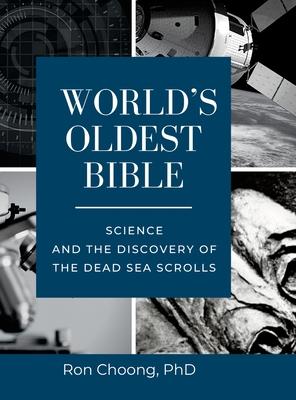 |
World’s Oldest Bible (Hard Cover/Color): Science and the Discovery of the Dead Sea Scrolls 作者:Choong 出版社:Lulu.com 出版日期:2021-04-20 語言:英文 規格:精裝 / 148頁 / 27.94 x 21.59 x 1.42 cm / 普通級/ 初版 |
| 圖書館借閱 |
| 國家圖書館 | 全國圖書書目資訊網 | 國立公共資訊圖書館 | 電子書服務平台 | MetaCat 跨館整合查詢 |
| 臺北市立圖書館 | 新北市立圖書館 | 基隆市公共圖書館 | 桃園市立圖書館 | 新竹縣公共圖書館 |
| 苗栗縣立圖書館 | 臺中市立圖書館 | 彰化縣公共圖書館 | 南投縣文化局 | 雲林縣公共圖書館 |
| 嘉義縣圖書館 | 臺南市立圖書館 | 高雄市立圖書館 | 屏東縣公共圖書館 | 宜蘭縣公共圖書館 |
| 花蓮縣文化局 | 臺東縣文化處 |
|
|
圖書介紹 - 資料來源:博客來 評分:
圖書名稱:World’s Oldest Bible (Hard Cover/Color): Science and the Discovery of the Dead Sea Scrolls
|
